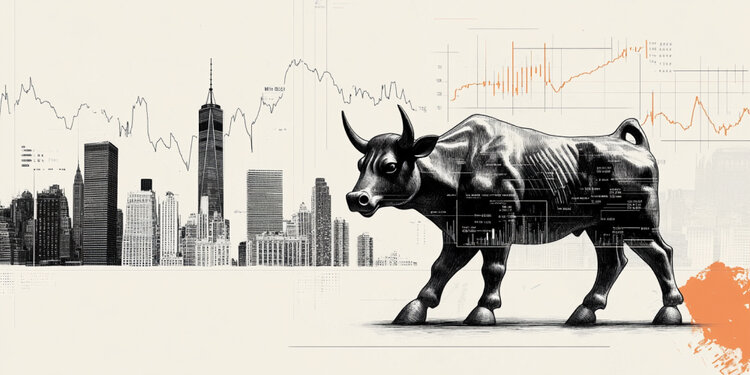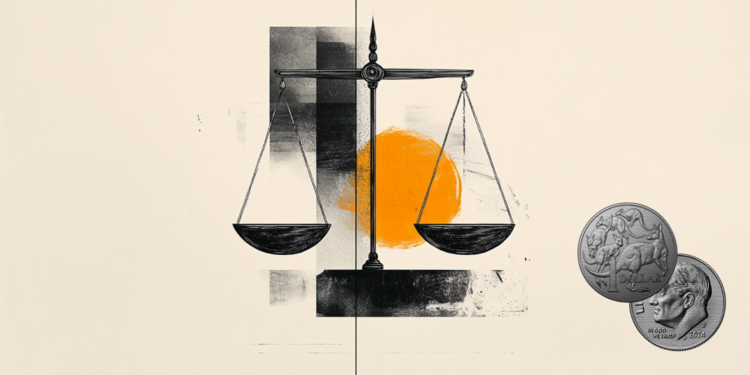For investors, China’s appeal has always been clear. Despite a long list of political risks, it is the world’s second-largest economy – home to a large group of consumers and the fastest-growing middle class in history.
But in the last 12 months, there has been a significant change.
What’s Happening: A year ago, the Ant Group halted its long-awaited debut on the stock market after a meeting between billionaire co-founder Jack Ma and Chinese regulators.
In the months that followed, Beijing stepped up efforts to rein in the power of some of the country’s most powerful companies, from online shopping giant Alibaba to ride-sharing platform Didi. The campaign eliminated trillions of dollars in market value.
This crackdown forced capital managers to ask tough questions. The main one: is the market still the blockbuster bet they thought it would be?
Concern remains about what President Xi Jinping will do next as he pursues a national campaign for “common prosperity.” But after a tumultuous year, some of the anxiety is wearing off.
“Sentiment is starting to rebound with signs that Beijing is trying to strike a balance between stabilizing growth and seeking structural adjustments,” said Mark Haefele, chief investment officer at UBS Global Wealth Management, in a note to clients this week. “We believe Chinese stocks are close to bottoming now.”
In the last quarter, Chinese stocks suffered their worst three-month period since 2015, falling more than 18%, noted Haefele. But in October, the MSCI China index rose 3%, ending four consecutive months of losses. Alibaba shares, which were particularly affected, rose by nearly 15%.
The change in mood can be attributed in large part to expectations that the Chinese government will moderate efforts to reform private companies to prevent a further economic downturn.
The country’s output grew at its slowest pace in a year in the last quarter, expanding just 4.9%. Compared to the previous quarter, the economy grew just 0.2% in the July-September period – one of the weakest quarters since China began publishing such records in 2011.
A government survey of manufacturing activity released over the weekend fell for the second month in a row. There are also concerns that the country’s huge real estate sector could cave in under its enormous debts.
This is raising expectations that lawmakers will act aggressively to inject stimulus into the economy to help it stabilize.
But the clouds did not completely dissipate. Haefele notes that “short-term market volatility may remain high.” In Bank of America’s latest survey of global fund managers, the situation in China was identified as the second biggest market risk, behind only inflation.
Radar energy crisis
An energy crisis hitting China could dictate how the situation will develop. So could his approach to dealing with the Covid-19 pandemic.
As countries around the world gradually open up, China is still working to eradicate Covid-19 from within its borders.
On Sunday night, Shanghai Disneyland went into a sudden lockdown after a single confirmed case. Tens of thousands of visitors and employees were forced to undergo coronavirus testing before being allowed to leave the park.
Translated text. Click here to read the original
Reference: CNN Brasil
I am Sophia william, author of World Stock Market. I have a degree in journalism from the University of Missouri and I have worked as a reporter for several news websites. I have a passion for writing and informing people about the latest news and events happening in the world. I strive to be accurate and unbiased in my reporting, and I hope to provide readers with valuable information that they can use to make informed decisions.







